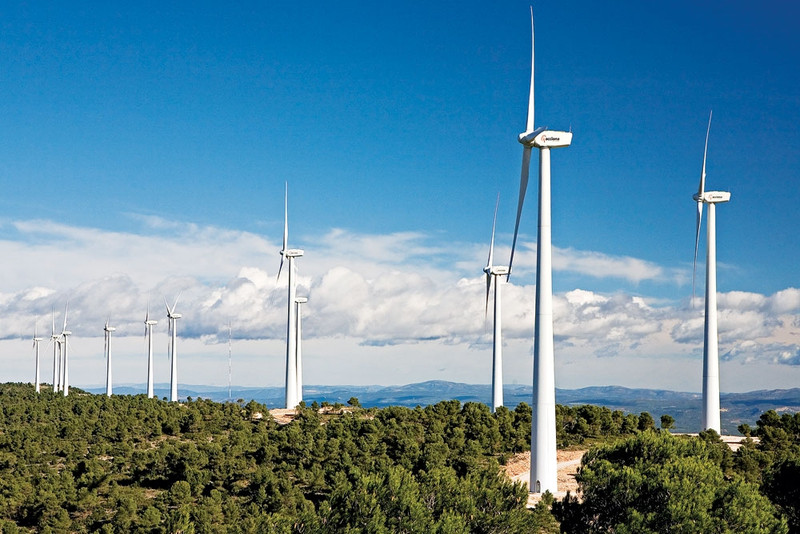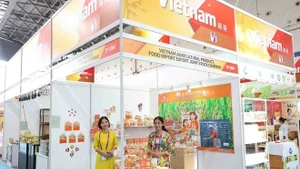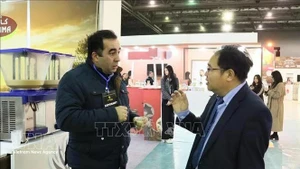According to Simon James, Climate Change and Energy Adviser at the World Wildlife Fund (WWF) in Vietnam, in order to meet electricity demands, in the period of 2016-2030, Vietnam needs an investment capital of about US$7.8 billion to US$9.6 billion per year. Consequently, under any scenario of electricity growth, with billions of dollars of capital each year, domestic capital is difficult to meet demand.
According to experts, the process of shifting the energy structure in Vietnam, from traditional energy sources to renewable energy sources, is a "golden opportunity" to attract investment, resulting in a huge demand for credit capital. This is considered as a opportune time for businesses to access green credit source for RE projects. An advantage now is that the investment costs of RE projects are decreasing, especially for solar power projects. It is estimated that the cost of constructing a solar or wind power plant will gradually be cheaper than the investment of a coal-fired power project. The motivation for investors of RE projects is the preferential credit interest rate; be given priority in terms of premises; tax exemptions; and signing a long-term power purchase agreement with Vietnam Electricity (EVN).
Marlon Apanada, Managing Director Allotrope Partners (Philippines), said that the total value of outstanding loans of green and sustainable bonds of ASEAN region increased to US$1.6 billion. In which, 81% of green bonds of ASEAN region have good prospects. Therefore, businesses have a lot of opportunities to access capital for RE projects from the green credit source.
According to many businesses, although there are more prospects and favorable conditions than before, currently, RE projects still face many difficulties in raising capital, especially for projects with fast construction time such as solar power projects.
Meanwhile, the time for appraising and approving loan documents of banks, especially banks that provide green credit from sources of international financial institutions, is often prolonged. Although renewable energy investment and development project costs have decreased significantly, it is still generally high compared to traditional energy investment, especially for projects using advanced technology.
In addition, the RE sector in Vietnam is newly developed, requiring a long payback period, large investment costs and high risks, so it is necessary to have incentives on term and loan costs. While capital mobilised by credit institutions is usually short-term.
Currently, banks have begun to gradually increase the proportion of green credit - credit for RE development, however, the efficiency has not been achieved as expected because the investment capital in this field requires long payback period, large investment costs; high risk and potential bad debt. At the same time, the complicated technical appraisal of RE projects - a very new field in Vietnam, is also a huge obstacle, leading to limited green credit.
it can be said that the development of green economic sectors requires comprehensive solutions from the government, ministries and branches; mechanisms on tax, fee, capital, technical, market, planning and development strategies for each sector and field. Therefore, in order to provide long-term credits and preferential interest rates for green industries, the credit institutions need be supported to access long-term capital sources, incentives or loan sharing mechanism.
Therefore, according to experts, in order to promote RE development strongly, the State Bank of Vietnam needs to promote the leading role to continue implementing credit policies in order to promote the operation of credit institutions towards the green growth. It is necessary to solve complicated and time-consuming appraisal processes in banks and improve the attractiveness of projects submitted by project investors.
















